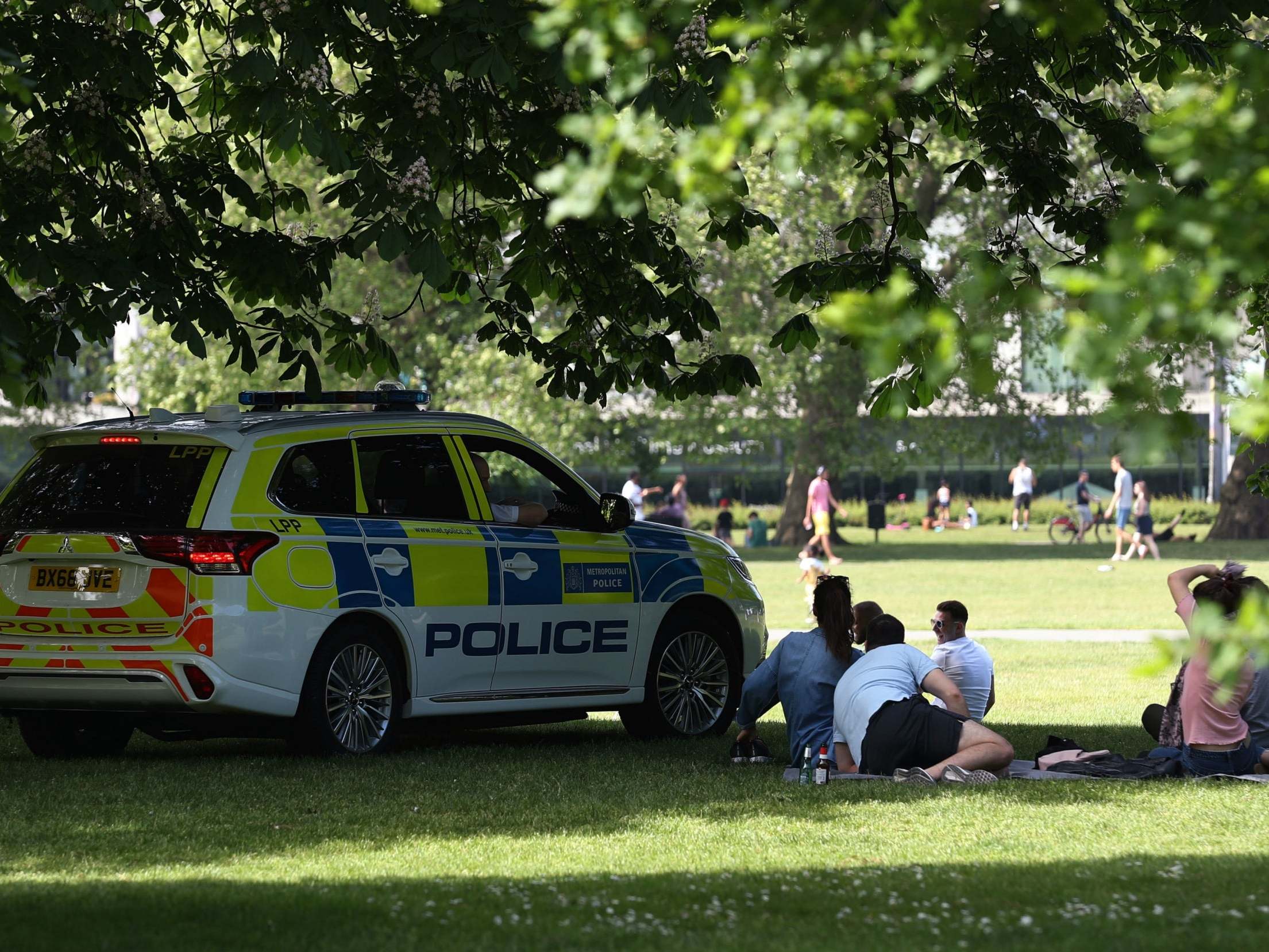Coronavirus: Why it is easier to lock a country down than it is to get it out again
Asking people to take the risk, however small, of going back to work will be difficult, writes John Rentoul


Rishi Sunak knew when he announced the furlough scheme that he was doing the easy bit. Telling people the government would pay most of their wages while the economy was paused was always likely to be popular with the recipients.
Now he has arrived at the stage where he has to start winding down the scheme and it is going to get difficult. At some point the opposition is going to start to criticise him for withdrawing support from people and “throwing them on the scrapheap” of unemployment. If he needs to spend unimaginable billions today to prevent lasting damage to the economy, why will he not need to spend similarly fantastic sums over the next few months as the country enters a deep recession?
The chancellor has encouraged people to believe that the normal laws of economics have been suspended – indeed, they have been and rightly so, but only temporarily. Borrowing money to pay people to do nothing seems counterintuitive, but it is the right thing to do to offset the shock of shutting down the economy. The best way to preserve jobs is to give companies a strong incentive to keep staff on, until the economy is switched on again.
The trouble is that restarting the economy is a gradual business, and in the meantime paying people to do nothing is clearly unsustainable in anything but the shortest of terms. Inevitably, though, there will be a huge political argument about the precise timing and scale of each stage of cutting back the state support.
This is part of a much wider problem. Asking people to stay at home to avoid catching or spreading a disease is easier than persuading them to take the risk, however small, of going back to work. Boris Johnson was already struggling to get the balance right before he was knocked off course by the furore over his adviser’s flit to Durham.
In the early stages of the coronavirus outbreak, the government’s scientific advisers were reluctant to propose a lockdown because they didn’t think people would tolerate it for long. In practice, a lot of people locked themselves down voluntarily before they were asked to, and compliance with the lockdown was greater, and has lasted longer, than was expected.
That means it is harder to get the economy going again, which is the only way that people can be kept in sustainable work. Having scared people into staying at home, Johnson and Sunak now need to persuade them that they – and especially the old and vulnerable – are safe in order to try to save as many jobs as possible.
Join our commenting forum
Join thought-provoking conversations, follow other Independent readers and see their replies
Comments